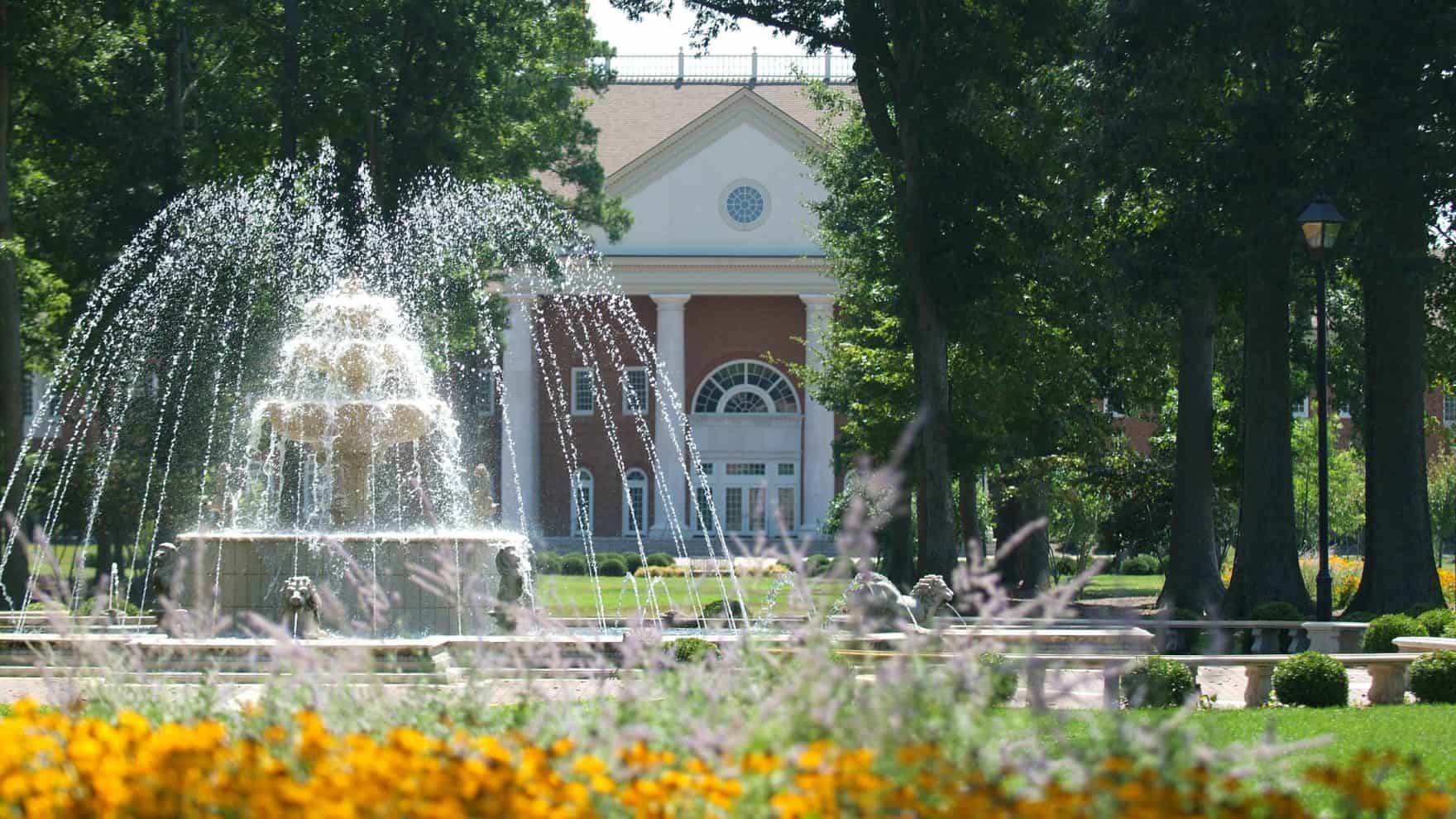
Regent University DSL Grad Travels to Italy to Talk Servant Leadership
After graduating from Regent’s School of Business & Leadership (SBL), Tim Vanderpyl, ’12 (SBL) took a trip to Italy after one of his class assignments caught international attention. Health care organizations in that country turned to Vanderpyl to discuss servant leadership. It’s a concept SBL professors try to develop in their graduates, many of whom publish papers on the topic.
While completing his doctorate of strategic leadership at Regent, Vanderpyl wrote a case study on how Canadian health care executive Kevin Cowan demonstrated servant leadership, taking St. Michael’s Health Centre from one of the most “under-performing” to most “innovative” in fewer than seven years. The article lives in the Journal of Healthcare Leadership, and it caught the eye of Italian health care professionals. They found his research to be so valuable, they emailed him with the hopes he’d speak at a conference.
“At first, it felt almost too-good-to-be-true,” said Vanderpyl. “But we ended up Skyping back and forth and connecting. I then went to Bologna and Turin.”
Vanderpyl was the keynote speaker at two days of presentations. April 16 he spoke before 80 physicians and senior executives from the Bologna Health Region. Professional translators converted his presentation into Italian. He says servant leadership is a new concept for the organization.
“You realize that we can spend a lot of time in leadership talking about technique: this is how to listen better, this is how to talk to people,” said Vanderpyl. “There’s nothing wrong with that, but servant leadership really looks at the heart of the leader, and that’s something you cannot fake. You can pretend to listen better. You can fake that, but servant leadership cannot be faked. It really goes to the heart.”
Vanderpyl spoke throughout the entire day, taking breaks for interaction, debate, questions and answers. He wore an ear piece to hear questions converted from Italian into English.
“These are very smart people,” said Vanderpyl. “I think the minimum education in the room was a master’s degree. The majority of them had doctorates or even more education. They’re wrestling with leadership in the health region asking, ‘What does servant leadership mean for us? What types of examples do we have? What types of examples do I set for my staff?'”
The following day, Vanderpyl traveled to Turin, where he spoke to the Center for International Policy Studies (CESPI) for another day-long presentation with discussion. His audience this time consisted mostly of nurses. A written record was kept of this discussion, and it’s his hope it could lead to more Italian resources on servant leadership.
“There is not a lot published in Italy on the topic of servant leadership,” said Vanderpyl. “They are looking to Canada and the United States for all of their resources. My challenge to them was to wrestle with these topics in Italian. I’m going to be working with them through translators to publish some of the results of this day, as well as inspire additional research on the topic.”
Vanderpyl hopes to continue his relationship with those he met in Italy to help them continue this research. CESPI guests included senior executives and new nurses.
“There were a lot of younger leaders that second day,” said Vanderpyl. “Nurses who were in their mid to late twenties, new in their career. I was hoping to leave them with the idea that someday you might become a leader if you’re not now, or if you’re not in a formal position as a leader, you have leadership abilities, simply because you’re a nurse. You can start right now. You can start today and build yourself up as a servant leader, not just wait until 20 years from now when you get the position you want.”
Vanderpyl is married to a nurse and lives in Calgary, Canada. Vanderpyl moved from health care to the oil and gas industry where he works in talent management and labor relations. He attributes some of his success as a published expert on servant leadership to the high bars his Regent professors set for him. He published 14 papers he was required to write while in the DSL program.


